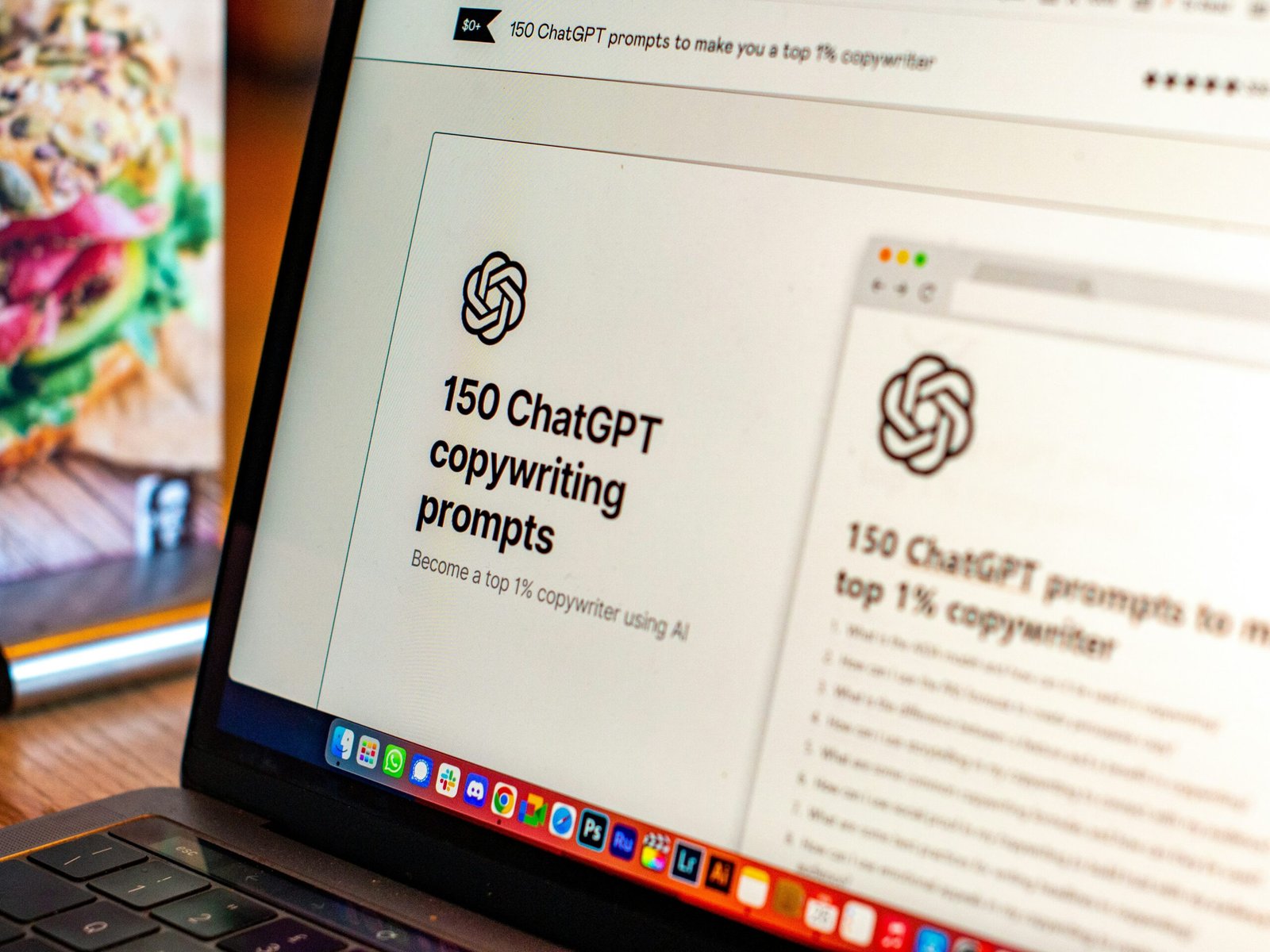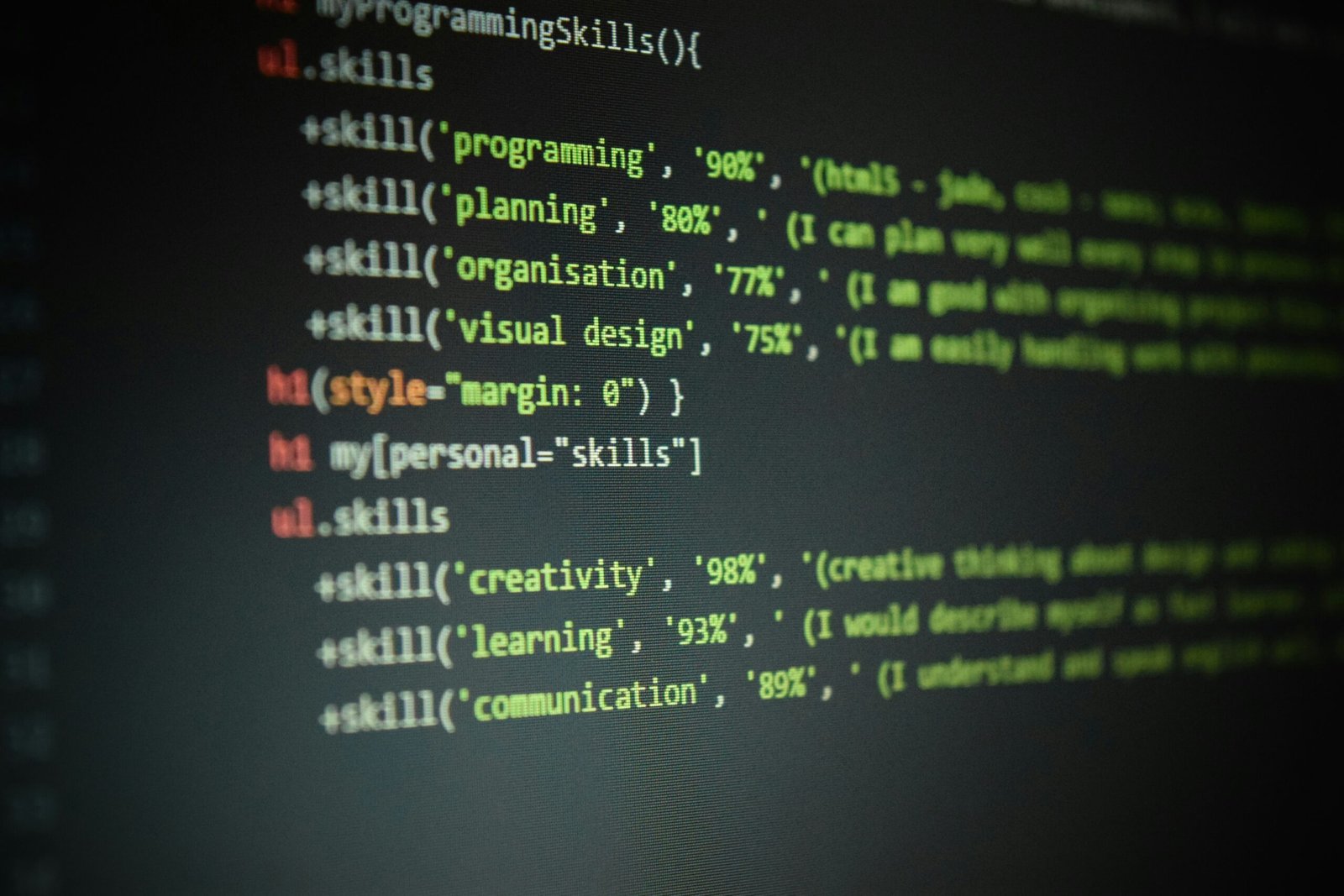Introduction to AI in Skill Development
Artificial intelligence (AI) has emerged as a transformative force in various sectors, including education and professional skill development. At its core, AI encompasses a range of technologies that enable machines to perform tasks traditionally requiring human intelligence, such as decision-making, pattern recognition, and adaptive learning. In the realm of professional skill-building, AI tools play a pivotal role in refining the learning process, making it more efficient and tailored to individual needs.
The integration of AI in skill development allows for the creation of innovative learning environments that adapt to the pace and style of each learner. For instance, AI-driven platforms can analyze a user’s strengths and weaknesses, subsequently offering customized content and resources that bridge the gaps in knowledge. This personalized approach not only enhances engagement but also promotes a deeper understanding of the subject matter. As many professionals are faced with the challenge of maintaining relevance in a continuously evolving job market, the need for effective skill-building strategies has never been more pronounced.
In today’s fast-paced work environment, where technologies and methodologies shift rapidly, continuous skill development is essential. Professionals must be agile, willing to learn new skills, and adapt to changing demands. AI assists in this regard by providing on-demand learning experiences that are both flexible and accessible. Users can access training materials and resources at their convenience, ensuring that they can fit learning into their busy schedules. Overall, the role of AI in professional skill development is not only about enhancing the learning experience but also about ensuring that individuals remain competent and competitive in their respective fields.
Popular AI Tools for Skill Enhancement
In the realm of professional development, various AI-powered platforms have emerged to support individuals in acquiring new skills and enhancing existing ones. One noteworthy platform is Coursera, which collaborates with top universities and organizations to offer a wide array of courses. By leveraging artificial intelligence, Coursera personalizes learning pathways based on users’ skills and interests, making it easier for individuals to engage with content that is most relevant to their career goals. Additionally, the platform includes features such as quizzes and feedback mechanisms that further enhance the learning experience.
Another leading platform is LinkedIn Learning, which employs AI to provide tailored recommendations based on users’ professional backgrounds, skill sets, and career aspirations. This tool offers a vast library of video tutorials across a multitude of topics, covering everything from leadership skills to technical certifications. LinkedIn Learning also allows users to track their progress and earn certificates that can be prominently displayed on their profiles, thereby increasing visibility to potential employers.
Duolingo, primarily recognized as a language learning tool, equally showcases the efficacy of AI in skill enhancement. The platform utilizes machine learning algorithms to adapt lessons and exercises to the learner’s proficiency levels, ensuring an efficient educational journey. Duolingo’s gamified approach engages users, motivating them to practice daily and reinforcing retention of new language skills, which can significantly benefit career advancement in globalized work environments.
These AI tools exemplify the transformative power of technology in professional skill-building. By harnessing data-driven insights, they provide a uniquely tailored educational experience, enabling individuals to develop their skill sets effectively and efficiently, ultimately enhancing their career prospects.
How to Effectively Integrate AI Tools into Your Learning Routine
Integrating AI tools into your learning routine can significantly enhance your ability to acquire new professional skills. The first step in this process is to establish clear, achievable goals. By outlining specific skills you wish to develop or improve, you can narrow your focus and tailor your use of AI tools accordingly. For instance, if your goal is to master project management software, identify AI-assisted tools that simulate real-world scenarios, enabling practical application of skills.
Time management is another essential aspect of effective integration. Allocate dedicated time slots in your daily routine for skill-building activities, ensuring these sessions are free from distractions. AI tools often include features that track your progress and provide personalized feedback, making it crucial to maintain consistency in your learning efforts. Dedicate regular time intervals to engage actively with these tools to establish a productive habit.
Furthermore, it is vital to explore the various features offered by AI tools to maximize their potential. For example, if you are utilizing an AI-based language learning application, make use of interactive quizzes and spaced repetition algorithms to reinforce your knowledge. Tailor these tools to your learning style—whether you prefer visual aids, auditory content, or hands-on practice—choose the right ones that align with your preferences and career goals.
Lastly, engagement plays a crucial role in maintaining motivation. Users often find it beneficial to join online forums or communities centered around the AI tools they are using. Networking with peers who share similar learning objectives can provide additional support, resources, and accountability. By combining these strategies—goal setting, effective time management, tailored engagement, and consistent use of AI features—you can seamlessly integrate AI tools into your learning routine, leading to enhanced skill acquisition and professional growth.
Future Trends in AI and Skill Development
The rapid advancements in Artificial Intelligence (AI) are significantly influencing the landscape of professional skill-building, with emerging trends poised to reshape how individuals acquire and develop new competencies. Key technologies, such as machine learning and natural language processing, are at the forefront of this evolution, facilitating more personalized and adaptive learning experiences. These technologies allow for the analysis of user data, thereby identifying specific learning patterns and preferences. Consequently, AI-driven platforms can tailor educational content to better align with the needs of individual learners, maximizing engagement and retention.
As AI continues to mature, the potential for augmented reality (AR) and virtual reality (VR) integrated with AI algorithms is creating immersive training environments. These innovations enable realistic simulations that closely mimic real-world scenarios, providing learners with hands-on experience that is critical for skill development. Moreover, the integration of AI in workplace training can enhance the assessment of employee performance, offering insights into areas that require improvement, thereby promoting continuous professional growth.
However, the adoption of AI technology in educational settings and professional training is not without challenges. Ethical considerations surrounding the use of AI, such as data privacy and algorithmic bias, warrant careful examination. Ensuring that AI systems are designed inclusively is essential to provide equitable learning opportunities for all individuals. Additionally, the reliance on automated systems may lead to concerns about the devaluation of traditional teaching methods and the human element in education. Organizations must navigate these challenges by establishing frameworks that prioritize ethical standards while harnessing the potential of AI.
In conclusion, the future trends in AI technology are set to revolutionize professional skill-building by providing personalized, adaptive learning solutions. However, stakeholders must critically address the associated challenges and ethical implications to fully realize the benefits of AI-enhanced education and training.









